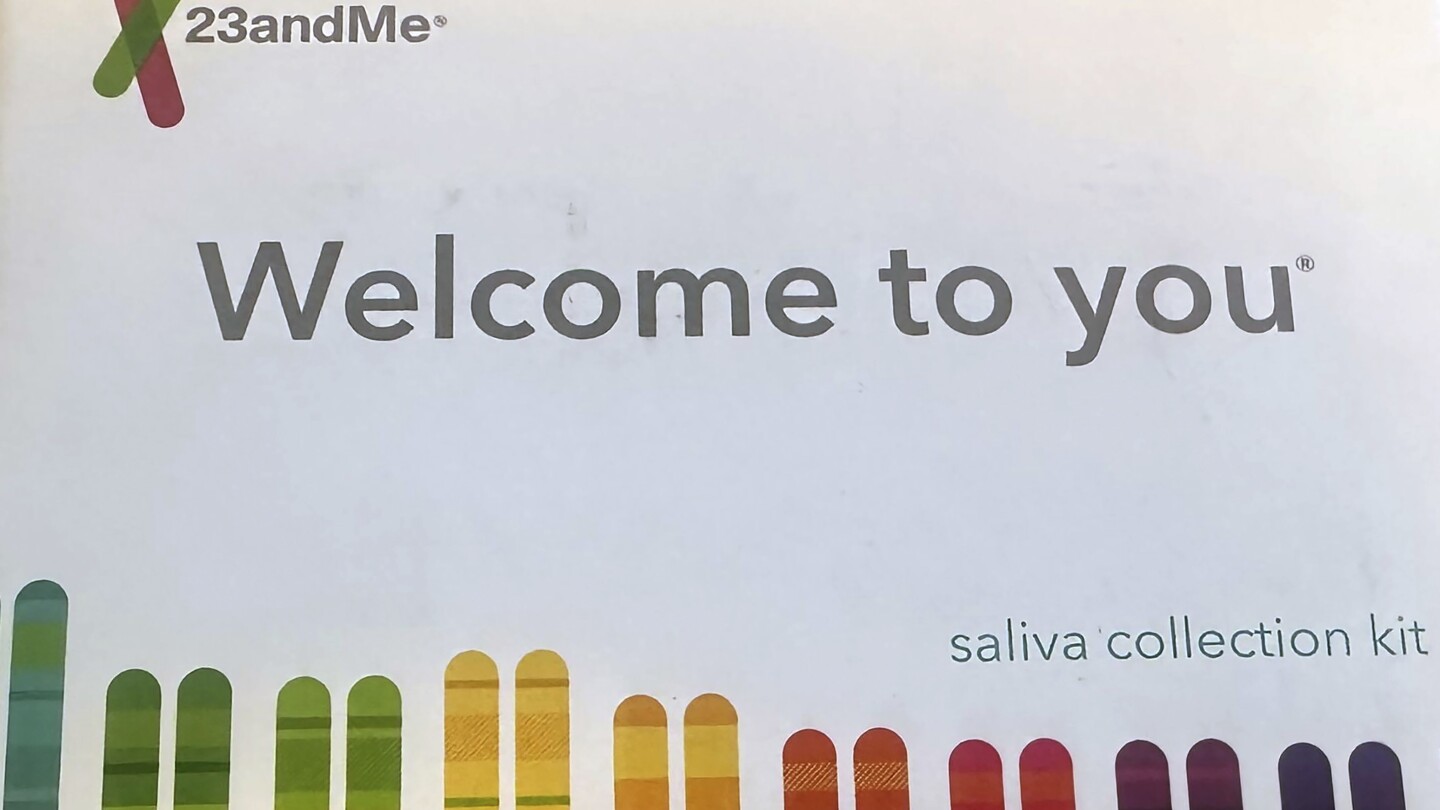The genetic testing company 23andMe has filed for Chapter 11 bankruptcy protection, raising concerns among users about the future of their genetic data. The company reassures that this filing will not alter how it stores, manages, or protects customer data. However, privacy experts recommend users delete their data due to potential risks from a new buyer or hackers exploiting the situation.
Cybersecurity expert Adrianus Warmenhoven from NordVPN stated, “What we’re witnessing with 23andMe is a stark wake-up call for data privacy.” Genetic data represents a comprehensive biological profile, and when a company faces bankruptcy, this data becomes an asset with significant consequences if sold.
23andMe announced its bankruptcy filing on Sunday, with co-founder and former CEO Anne Wojcicki stepping down immediately. The company plans to sell most of its assets through a court-approved reorganization plan. Despite Wojcicki’s resignation, she intends to bid on 23andMe during the bankruptcy process.
The company claims that filing for Chapter 11 will facilitate its sale, indicating a search for new ownership. To cut costs, 23andMe seeks to reduce its real estate footprint by rejecting lease contracts in various locations but plans to continue operations during the process.
Regarding data safety, 23andMe emphasized that user privacy remains a priority in any transaction, requiring buyers to comply with applicable laws. However, experts highlight the limitations of current privacy laws and security concerns during bankruptcy turmoil.
David Choffnes, a computer science professor at Northeastern University, explained the sensitivity of DNA data: “At a fundamental biological level, this is you and only you.” Unlike compromised email addresses, genetic codes cannot be easily replaced.
23andMe assures users that it does not share information with health insurance companies, employers, or public databases without consent and only complies with law enforcement when legally required. However, the company allows cross-context, behavioral, or targeted advertising using genetic data.
California Attorney General Rob Bonta issued a consumer alert reminding people of their right to delete their data. Users can delete their data by logging into their account settings and following the steps provided by 23andMe.
— news from The Associated Press
